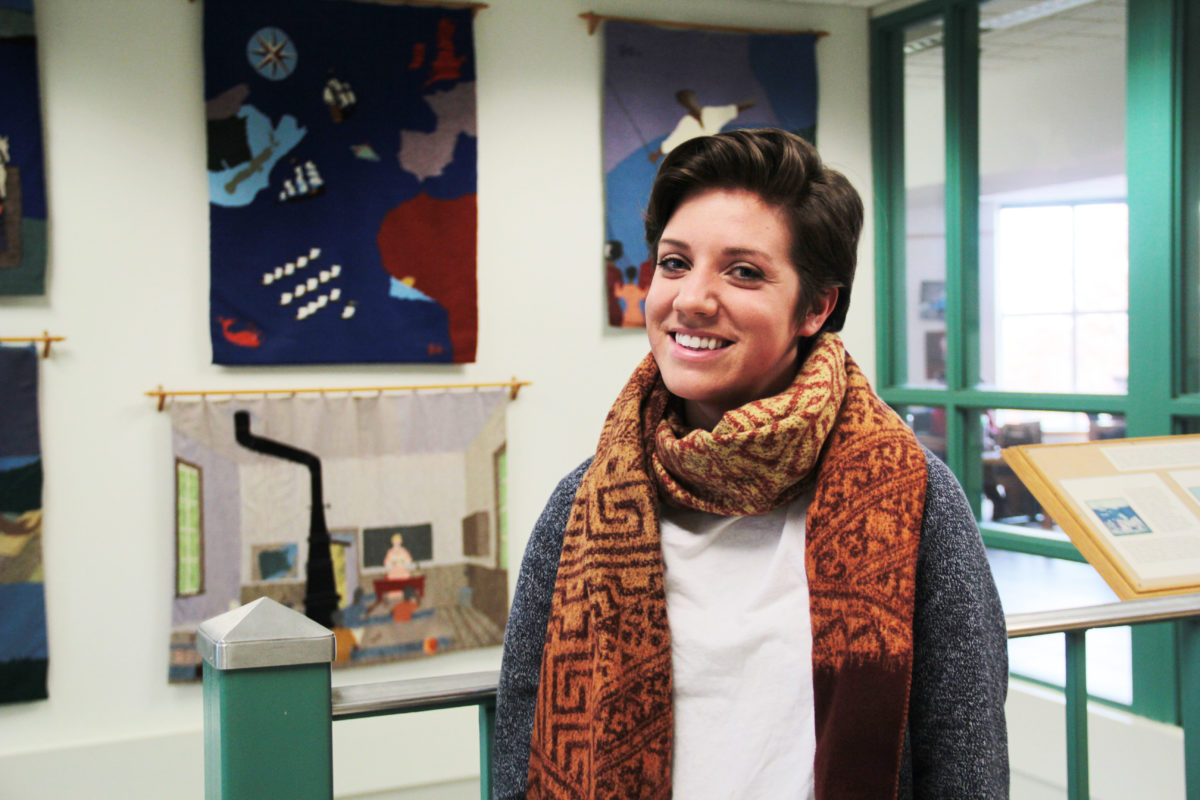St. Thomas University social work students are starting a skills exchange program to allow people to learn and get help for free as part of their social action project.
The skills exchange program is a form of time banking, which is a system where people trade hours of personal assistance as a currency.
“For every hour you share a skill or service, you receive a time credit. Then you can use that time credit to spend on any other skills or service within the time bank,” said Anna McCully, a St. Thomas student and a member of the group that started the exchange.
Skills or services can vary from teaching someone computer programming to painting someone’s fence.
People can decide to share their skill sets with others individually or in a class room style set up. One time credit gives a person one hour of service or instruction in return.
“No matter what, your one hour of work will be worth one time credit,” said McCully.
McCully said the group is trying to make this program open and accessible to everyone and hopes that Syrian newcomers will find the program beneficial.
“This is a way for newcomers to connect to the community, to have access to resources they may not be able to afford,” McCully said.
Meranda Hallihan, a student and co-founder of the skills program, said she was drawn to this project because she also thinks that it will help connect the community.
“Our community has lost touch with each other lately. It seems that everybody is caught up in money and alternative things,” said Hallihan. “Time-banking allows for more community building, relationship building and more one on one contact with each other.”
Hallihan said they are not the only group in New Brunswick to have started a time bank.
“We met with a woman in Shediac who has this going as well and she had about 75 [people involved], so we’re trying to aim for that.”
The plan was initially introduced to the students by professor Clive Baldwin, who participated in a program similar to a skill exchange when he was living in the United Kingdom in his mid-twenties.
“It’s a way of making ends meet when you’ve got no money,” said Baldwin.
At the time, he was living off £12 a week while paying for room and half board.
“If I wanted to do something, I didn’t have very much money at all,” said Baldwin. “This way I could supplement my income while offering something that people wanted.”
The program currently has approximately 20 people signed up. While there have been many requests and offerings, there have been no exchanges logged.

